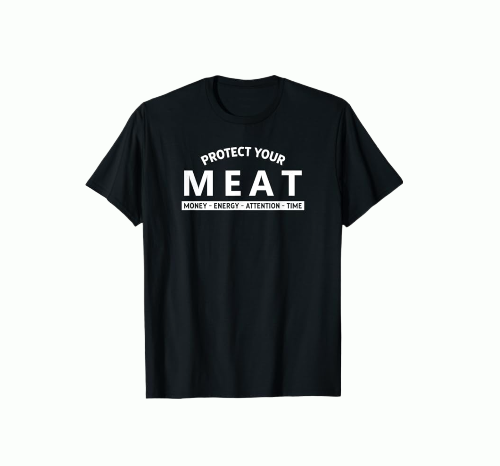Disclaimer: These are first world problems and I completely acknowledge the privilege in this rant. Slavery is bad - whether it’s traditional and explicit, or modern and implicit.
I have never really cared about the notion of work-life-balance. Yet I find myself completely enjoying all the realms of life that I want to. I work over 12 hours a day, I read, I travel, I exercise daily, I date, I play, and most of all, I party more than anybody I know. Before I go into a self-centered rant, I must say that this isn’t just me. I haven’t seen a single high-performing individual, IRL or virtual, rich or poor, that keeps flapping about how their work is destroying the extracurricular parts of their life. I meet many young leaders of tech companies in Bangalore who seem to always be working, yet they are doing more than just fine with travel, spirituality, movies, books, relationships, sports, fitness, games, side hustles, and other non-work pursuits. There are also some friends that are pretty much broke, yet they have a fulfilling and vibrant life while they are grinding their way up through the struggle of making a living. They sometimes complain about how they don’t enjoy the work they do or how their job isn’t challenging or impactful, but it’s never about how they’re losing out on life because work is screwing them over. After a few weeks of investigating the “why”, two life principles surfaced that were, broadly, common to all of these people:
- “You” define your idea of work-life-balance
- Your work-life-balance is your responsibility
Let’s explore these further, in context of us working individuals that work to make money for our living.
You define your work-life-balance
Life is short, and youth is shorter. All of us have limited MEAT, and the purpose of our work-life decisions is in the interest of our MEAT. Yeah, not the meat you’re thinking - MEAT is money, energy, attention,and time. If we deploy MEAT in areas that don’t generate more MEAT to deploy further, we end up feeling deprived and complaining about how the universe doesn’t let us have our work-life-balance. When we deploy MEAT at work, we get back (maybe more of) the MEAT in the form of money. If I deploy MEAT at travel, I receive MEAT in the form of mental energy, spiritual energy, and more focus that I can deploy at work. Similar MEAT equations can be figured out in areas of fitness, family, spirituality, and other areas that are important to us. The cost-value analysis of MEAT differs for everybody, but one can only thrive at work when they have a significant amount of clarity about their MEAT deployment strategies. Your work-life-balance is defined by the quality and quantity of work and non-work activities that govern your MEAT. In my experience, as wrong as it sounds, MEAT is all t\hat matters for an individual while dealing with the outside areas of life, a.k.a., the real world.

If you preserve your MEAT, you’re content.
If you grow your MEAT, you grow.
If you reduce your MEAT, you burn out and complain about work-life-balance.
Your work life balance is your responsibility
If you are an independent working adult, you implicitly have a second job. At this job, you report to yourself, and your sole deliverable is to create a work-life-balance. Your payout is the work-life-balance itself that energizes your being. Creating a sustainable work-life-balance is work that you have no choice but to hold yourself accountable to. It’s work that you can never entirely outsource or expect the universe to get done for you. If you fire yourself from this job, you end up starving yourself of energy, focus, and time. If you’re starving on energy, focus, and time, you will eventually find yourself grumbling about money, leisure, and peace because you won’t be operating at your peak potential.
It’s natural to find ourselves in transient downturns of work-life-balance, but that’s simply an opportunity to upscale and upskill ourselves and prove to the uninverse that we can be better than what we currently are. None of us could walk, but we fell down umpteen times before we finally could. All of us have survived and conquered unimaginable adversity that we’re proud of, so I believe we can do better than bleat about how our employer doesn’t allow for a work-life-balance. Nassim Nicholas Taleb explains this beautifully in Antifragile:
Just as human bones get stronger when subjected to stress and tension, and rumors or riots intensify when someone tries to repress them, many things in life benefit from stress, disorder, volatility, and turmoil.
Wind extinguishes a candle and energizes fire. Likewise with randomness, uncertainty, chaos: you want to use them, not hide from them. You want to be the fire and wish for the wind.